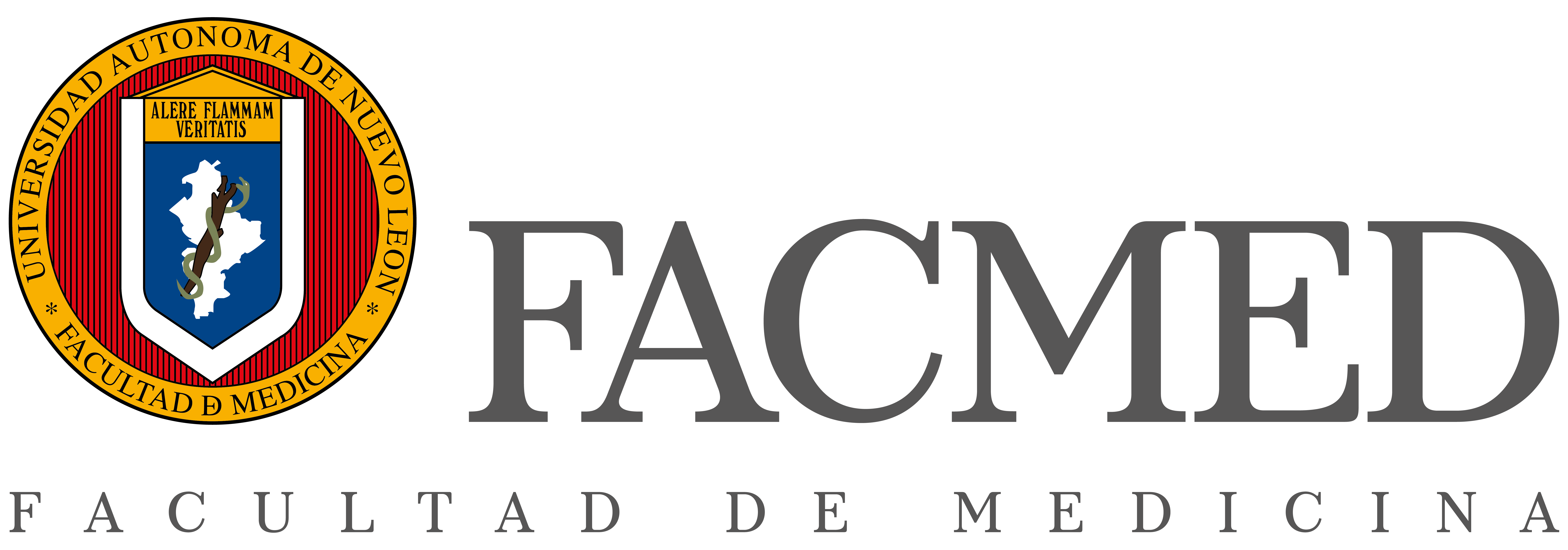The Social Service period for the Bachelor’s Degree in Medicine spans twelve continuous months, with two cohorts per year: one beginning in February and the other in August.
- Contribute to national development by preserving the health of the population through services of high professional and humanistic quality.
- Support the development of communities —especially in rural areas, underserved urban zones, and regions with limited healthcare access— by carrying out health promotion, prevention, direct care, education, and research activities.
Clinical social service placements are classified into three types:
- Type “A”: Health units serving urban populations over 15,000 inhabitants in areas of limited economic and social development. Part-time schedule without scholarship or minimum pay: 5 to 6 days per week, 4 hours per day. Reserved for exceptional cases such as interns whose spouses are federal employees.
- Type “B”: Health units serving rural populations between 2,500 and 15,000 inhabitants. Full-time with minimal pay; 6 days per week (8 hours) in consultation and field activities.
- Type “C”: Auxiliary health units in dispersed rural populations, mobile clinics, or hard-to-reach areas serving populations between 1,000 and 2,500 inhabitants. Exclusive time with scholarship; 6 working days per week including one rest day, 8-hour shifts providing general and emergency care, and field-based health promotion activities, available 24 hours a day.
These units are Dispersed Health Centers across the country. They must have the minimum necessary infrastructure for this type of care and provide access to basic services such as water and sanitary facilities. These locations must also include a room for housing the student in Social Service.
Social Service can be carried out in three types of areas:
In Rural Areas
This is the priority area for social service, covering dispersed rural populations or certain communities with high levels of marginalization and difficult access. These are classified as Type “C” placements, which require exclusive full-time shifts (24/7) and may include mobile units, auxiliary health stations, or remote rural health centers.
In Research (National Program for Social Service in Research)
Training human resources for research is a key investment for national development and for strengthening the scientific and technological systems of the public health sector. This program aims to improve the quality of healthcare by fostering research engagement early in medical education. Its objectives include:
- Encourage medical students to participate in research activities from the early stages of their training.
- Inspire future graduates to pursue research as an essential component of their professional careers.
- Support the development of future generations of physicians with a greater interest in pursuing master’s and doctoral degrees.
Projects carried out by student in Social Service participants under this program must meet the following criteria:
- Be part of a recognized line of research (basic, clinical, or epidemiological).
- The research activities must be viable for implementation during the social service year.
In Specific Social Service Programs
University-linked Programs / University Placements
These programs are made up of placements proposed by the educational institution. All projects must be reviewed and approved by the Quality and Health Education Directorate of the Ministry of Health, in accordance with regulations and the recommendations of the Interinstitutional Commission for the Training of Human Resources in Health (CIFRHS). These proposals are then evaluated and allocated based on a merit-based point system at the end of the degree program.
For Health-related Issues
These placements are reserved exclusively for students in Social Service participants with documented health conditions. Requests must be submitted to the educational institution at least 90 days before the start of the service period.
For Federal Employees
These placements apply to students in Social Service participants who are employees of the federal government. Requests must also be submitted to the institution at least 90 days in advance of the social service start date.

